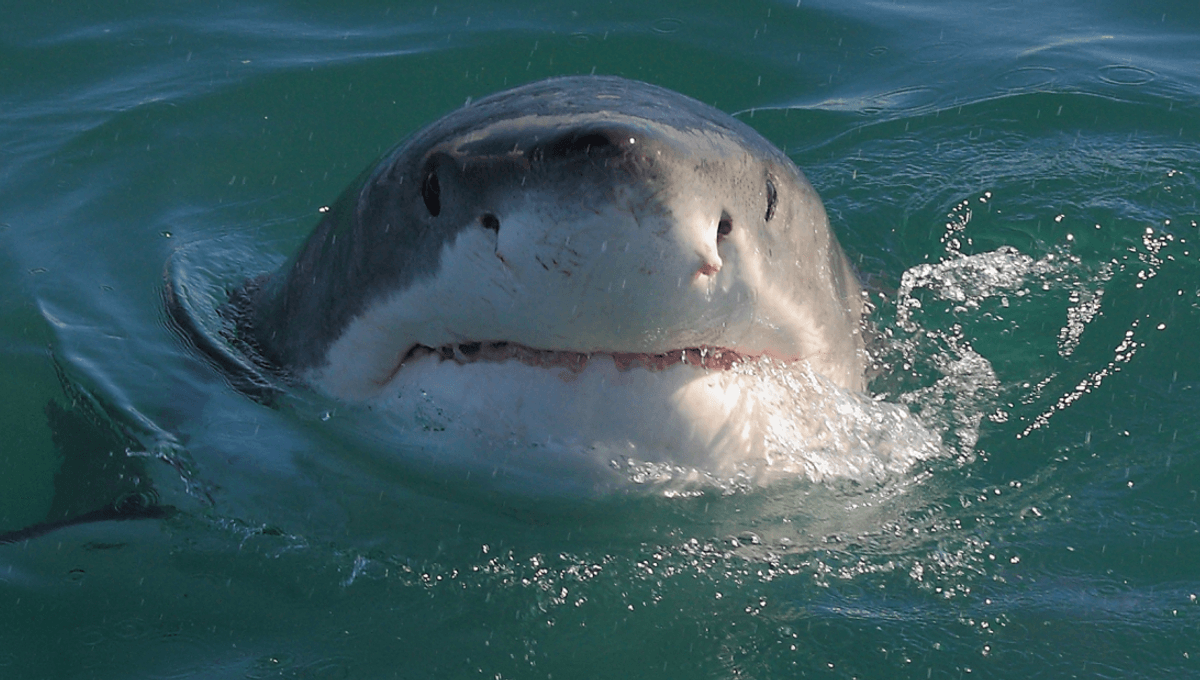
There’s that great sequence in Finding Nemo where Bruce, the great white shark seemingly in recovery for eating fish, gets a nostril-full of Dory’s blood following a scuba-mask accident. He sniffs, and it triggers euphoria before sending poor Bruce (it’s a disease!) on a bloodthirsty rampage. Yes, I know it’s a kids’ movie, but bear with me: if sharks don’t have lungs, then what are their nostrils doing?
When we humans want to get a good sniff of something, we breathe in with the help of our lungs and it draws odor molecules in the air we inhale over specialized nerve cells in our nose. If you’ve ever seen your cat making the “stink face,” this is a behavior seen in many animals called the flehmen response, where they basically switch to using the mouth to smell for moisture-borne chemical signals.
All this sniffing and huffing falls under the complex olfactory system, which is has its own specific brain regions for interpreting cues in the environment. As airbreathers it’s easier for us to imagine smelling things on dry land, but the ocean is full of olfactory information.
Detecting odors is critical to a shark’s survival, but unlike humans their olfactory system is entirely separate from the respiratory system. So, gills, lungs, it doesn’t matter for them because they do their smelling and their breathing separately.
What we think of as their nostrils are actually known as nares, and inside them is a multi-layered structure called a rosette that detects odors in water. This olfactory organ (which you can see in the above video) varies significantly across species in sharks, rays, and skates (who together form the elasmobranchs), though we’re still not entirely sure how those differences influence its function.
What we do know is that the nares are the gateway to the rosette, and water can either flow in naturally as the shark swims forwards, or some species have cilia-like tiny hairs that help guide the water in – no sniffing required.
It’s a crucial process because it’s one of the key ways these predators can zero in on prey. The detection of an odor can be nare-specific, so if it gets a whiff of something interesting to its left it can go and investigate in that direction. What gets particularly interesting when we think about scent in water is how odor behaves differently here compared to in the air.
“The plume breaks up into pieces, floats to different levels and gets transported in a current,” said Jelle Atema of Boston University, whose study highlighted that sharks don’t just go after the highest concentration of odor, but combine it with other information from the environment. “Inspired by odor, sharks also look for current. The two together is what makes them so efficient.”
So, in answer to that philosophical question: why do sharks have nostrils? Technically they have nares, and they provide all the smelly benefits without the need for respiration. Neat!
Source Link: If Sharks Don't Have Lungs Then What Are Their Nostrils Doing?